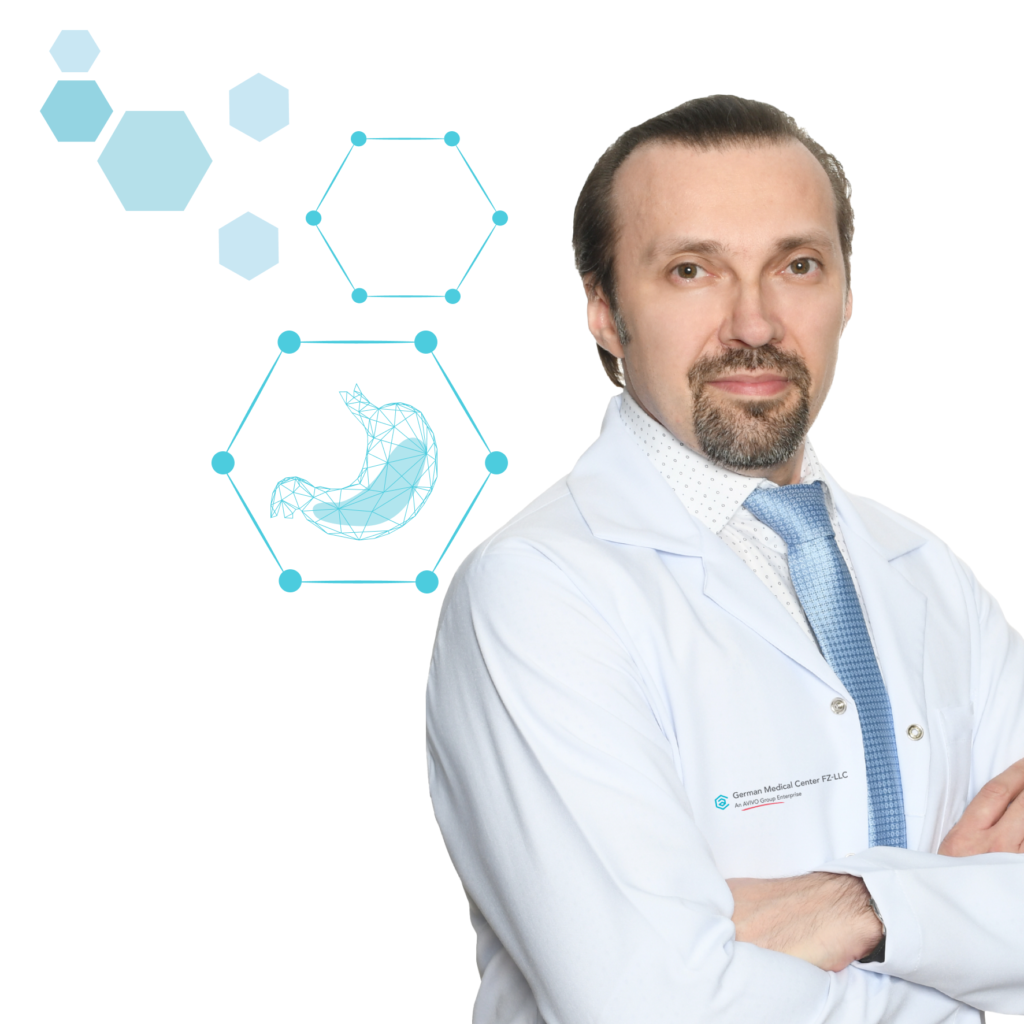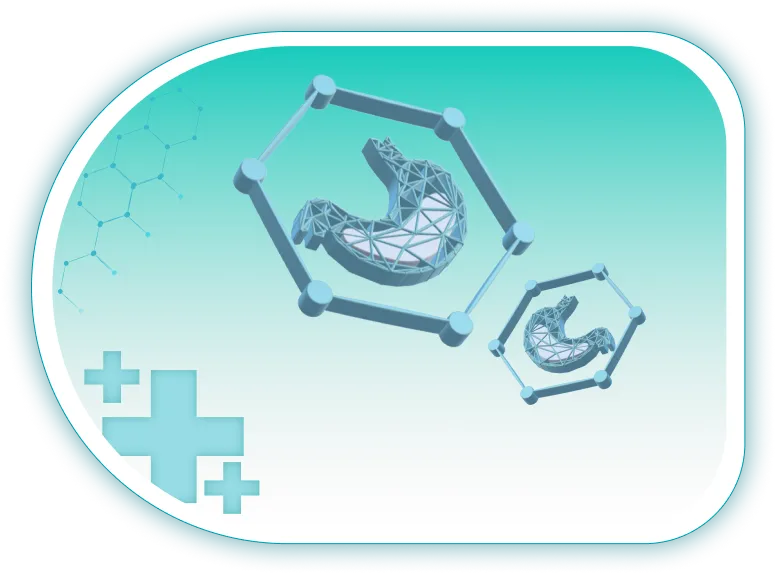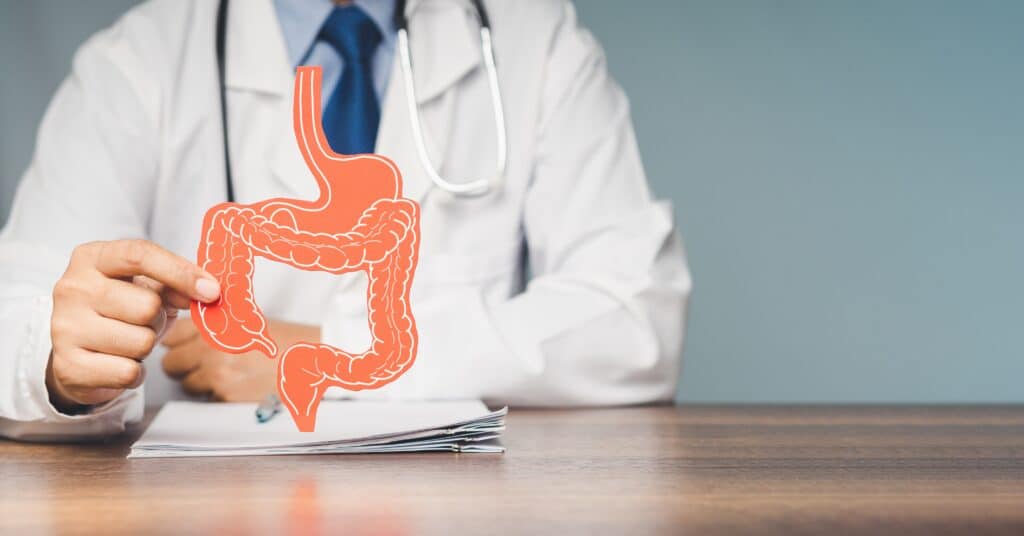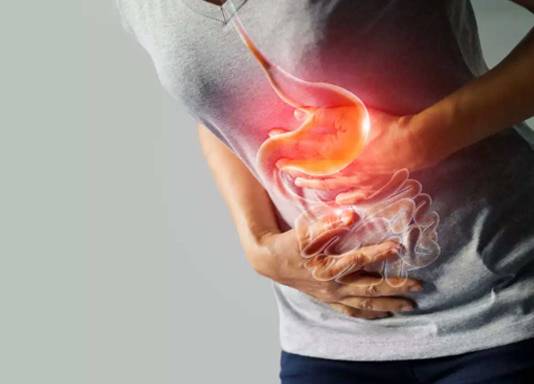
Dr. Sebastian Cuzincu
Gastroenterology and Internal Medicine
Crohn's disease is a chronic inflammatory bowel disease that can cause a wide range of symptoms that can vary in severity and

Crohn’s disease is a chronic inflammatory bowel disease that can affect any part of the digestive tract, from the mouth to the anus. It causes inflammation, which can lead to symptoms such as abdominal pain, diarrhea, and weight loss. While there is no cure for Crohn’s disease, treatment can help manage the symptoms and improve quality of life.
The first step in treating Crohn’s disease is to reduce inflammation in the colon and intestines. This can be achieved through medications such as corticosteroids, immunomodulators, and biologic therapies. These medications work by suppressing the immune system, which is overactive in Crohn’s disease, and reducing inflammation.
In addition to medication, lifestyle changes can also help manage symptoms of Crohn’s disease. Eating a healthy diet, staying hydrated, and getting regular exercise can all help improve digestive function and reduce inflammation in the bowel.
For more severe cases of Crohn’s disease, surgery may be necessary to remove damaged portions of the intestine or to correct complications such as fistulas or strictures. Surgery is typically only recommended when other treatments have failed or when there is a high risk of serious complications .
If you are experiencing symptoms of Crohn’s disease, it is important to seek medical attention as soon as possible. German Medical Center offers advanced diagnostic and treatment options for Crohn’s disease, including colon inflammation treatment, intestinal inflammation treatment, bowel syndrome treatment, and bowel inflammation treatment. Our team of experienced gastroenterologists and digestive disease specialists can help develop a personalized treatment plan to help manage your symptoms and improve your quality of life.
Don’t let Crohn’s disease control your life. Contact German Medical Center today to schedule a consultation and learn more about our advanced treatment options.
Our team of experts are passionate about providing only the best quality care and treatment to their patients.

Gastroenterology and Internal Medicine
A cutting-edge medical technique that plays a crucial role in diagnosing and treating disorders of the bile ducts, pancreas, and gallbladder....
Liver Elastography – an advanced medical imaging technique designed to assess the health of your liver with precision and non-invasiveness....
Abdominal pain can be a symptom of a wide range of medical conditions and can manifest in different ways depending on the...
Colorectal cancer (CRC) is a type of cancer that affects the colon or rectum. It can develop from small growths called polyps in...
Stomach cancer, also known as gastric cancer, can cause a range of symptoms. However, it's important to note that not everyone...
Liver cancer is a serious and potentially life-threatening condition that requires prompt diagnosis and treatment....
Colon polyps are usually detected during a routine colonoscopy. During the procedure, a long, flexible tube with a camera on the...
Pancreatic cancer often does not cause symptoms in its early stages....






Our customers are at the heart of everything we do, and we are committed to providing them with one of the best possible care and service and that's why platforms like UpTopics publish us in top.

Based on 206 Google Reviews

Partner with:
Partner with:


German Medical Center is one of the leading medical institution in Dubai formed by a group of specialists who are passionate about providing the personalized care tailored to the patient's unique needs.
Fill out our easy online form to book an appointment with German Medical Center. Our team of experts is dedicated to providing you with personalized care and guidance every step of the way. Don't wait, take charge of your well-being and schedule your appointment now!